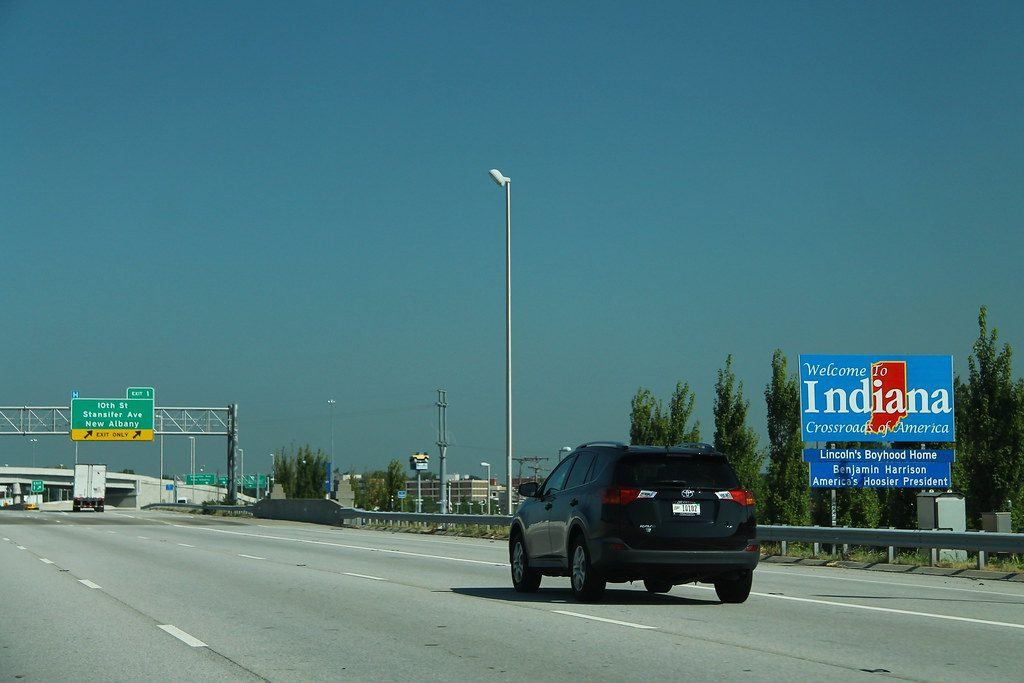Interstate Online Gambling

Though the Interstate Wire Act has been re-interpreted to allow some forms of online gambling, the DoJ still claims that the Wire Act makes Internet sports gambling illegal. Passed in 1961, the Interstate Wire Act continues to have a massive impact on the US gambling market more than fifty years later. Online poker is going to become a reality in the state of Michigan. Right now, it is just a matter of when. As the new industry looks to launch possibly by the end of this year, lawmakers are considering allowing interstate online gaming.
(by Natasha Bach, Fortune and an AP news report) – The U.S. Justice Department (DOJ) now says that all internet gambling between states is illegal.
A November opinion made public Monday reversed a 2011 opinion on the Wire Act, which established the law as applicable to only sports betting. The DOJ [says] that the 2011 opinion misinterpreted the statute and reinterprets the Wire Act to apply to any form of gambling that crosses state lines, not just sports betting.
The opinion could have wide-reaching effects in states that sell lottery tickets online or where online gambling is legal. This number has increased in recent months following the Supreme Court’s decision to legalize sports betting in the U.S. last year [which permits each state to allow sports betting within the state].

…While the precise effects of the change are unclear, lobbyists told The Washington Post that it could affect interstate compacts and lotteries.
Deputy Attorney General Rod Rosenstein on Tuesday issued a memo saying the Department of Justice will wait 90 days to implement the ruling. The delay will allow businesses to adjust their operations.
Legal experts say casino operators and online lotteries will likely take the issue to court.
From Fortune .com and AP. Reprinted here for educational purposes only. May not be reproduced on other websites without permission.

Don’t let the window for bringing your business into compliance slam shut on you!
Originally published in The Green Sheet, April 22, 2019
Interstate Online Gambling Rules
Beginning in 2011, businesses involved in non-sports-related interstate ongoing gambling had good reason to believe that certain prohibitions pertaining to the knowing use of a wire communication facility to place bets or wagers, assist in placing bets or wagers, and/or transmit information assisting in placing bets or wagers did not apply to them. However, that is no longer the based on a new opinion that the Department of Justice’s (“DOJ”) Office of Legal Counsel (“OLC”) recently issued.

On November 2, 2018, the OLC issued an opinion (the “2018 Opinion”) that reversed an opinion it previously issued in 2011 (the “2011 Opinion”) with respect to the applicability and scope of Section 1084(a) (“1084(a)”) of the Wire Act, 18 U.S.C. § 1084, to sports-related gambling. 1084(a) states:
“Whoever being engaged in the business of betting or wagering knowingly uses a wire communication facility for the transmission in interstate or foreign commerce of bets or wagers or information assisting in the placing of bets or wagers on any sporting event or contest, or for the transmission of a wire communication which entitles the recipient to receive money or credit as a result of bets or wagers, or for information assisting in the placing of bets or wagers, shall be fined under this title or imprisoned not more than two years, or both.”
The OLC determined in the 2011 Opinion that the prohibitions in 1084(a) were limited to sports-related gambling. However, the OLC determined in the 2018 Opinion that the prohibitions in 1084(a) are not limited to sports-related gambling. Rather, the OLC determined in the 2018 Opinion that only one specific prohibition in 1084(a) – which criminalizes “the transmission . . . of . . . information assisting in the placing of bets or wagers on any sporting event or contest,” is limited to sports-related gambling.
The OLC also determined in the 2018 Opinion that the other prohibitions in 1084(a) apply to non-sports-related gambling that satisfy the other elements of 1084(a). Those prohibitions include the knowing use of a “wire communication facility” for “the transmission in interstate or foreign commerce of bets or wagers” by someone “engaged in the “the business of betting or wagering”. In other words, the OLC has essentially determined in the 2018 Opinion that non-sports-related online interstate gambling is now illegal under 1084(a).
Interstate Online Gambling Sites
Related to the 2018 Opinion, the United States Deputy Attorney General recently issued a memorandum on January 15, 2019 (the “Memorandum”) advising DOJ attorneys that they should adhere to the 2018 Opinion, which is the DOJ’s operative position on the meaning of 1084(a). However, the Memorandum also advised DOJ attorneys that, as an exercise of discretion, they should refrain from applying 1084(a) in criminal or civil actions to persons who engaged in conduct that violated 1084(a) in reliance of the 2011 Opinion prior to January 15, 2019 (the date of the Memorandum), and for 90 days thereafter. The Memorandum notes that the 90-day window will give businesses that relied on the 2011 Opinion time to bring their operations into compliance with federal law. However, the Memorandum also emphasized that the 90-day window is an “internal exercise of prosecutorial discretion”, and that the 90-day window is not a safe harbor for violations of 1084(a) or the Wire Act.
Interstate Online Gambling
Businesses with operations that may be subject to 1084(a) have only very little time remaining to bring their operations into compliance with 1084(a), as the 90-day window for doing so will soon slam shut. Those businesses that fail to bring their operations into compliance with 1084(a) will soon be in violation of federal law for engaging in activities that would not have violated federal law only a few short months ago. Businesses with operations that may be subject to 1084(a) should consult an attorney as soon as possible to determine what is necessary to bring their operations into compliance with 1084(a) before the window for doing so slams shut.